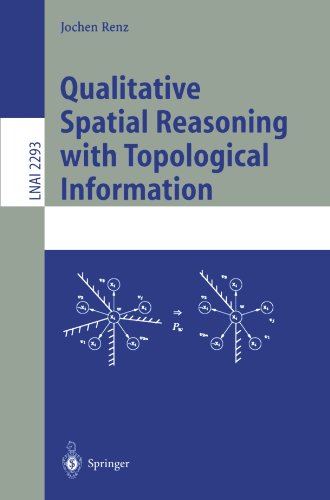

Most ebook files are in PDF format, so you can easily read them using various software such as Foxit Reader or directly on the Google Chrome browser.
Some ebook files are released by publishers in other formats such as .awz, .mobi, .epub, .fb2, etc. You may need to install specific software to read these formats on mobile/PC, such as Calibre.
Please read the tutorial at this link: https://ebookbell.com/faq
We offer FREE conversion to the popular formats you request; however, this may take some time. Therefore, right after payment, please email us, and we will try to provide the service as quickly as possible.
For some exceptional file formats or broken links (if any), please refrain from opening any disputes. Instead, email us first, and we will try to assist within a maximum of 6 hours.
EbookBell Team

0.0
0 reviewsSpatial knowledge representation and reasoning with spatial knowledge are relevant issues for many application areas such as robotics, geographical information systems, and computer vision. Exceeding purely quantitative approaches, more recently initiated qualitative approaches allow for dealing with spatial information on a more abstract level that is closer to the way humans think and speak.
Starting out with the qualitative, topological constraint calculus RCC8 proposed by Randell, Cui, and Cohn, this work presents answers to a variety of open questions regarding RCC8. The open issues concerning computational properties are solved by exploiting a broad variety of results and methods from logic and theoretical computer science. Questions concerning practical performance are addressed by large-scale empirical computational experiments. The most impressive result is probably the complete classification of computational properties for all fragments of RCC8.